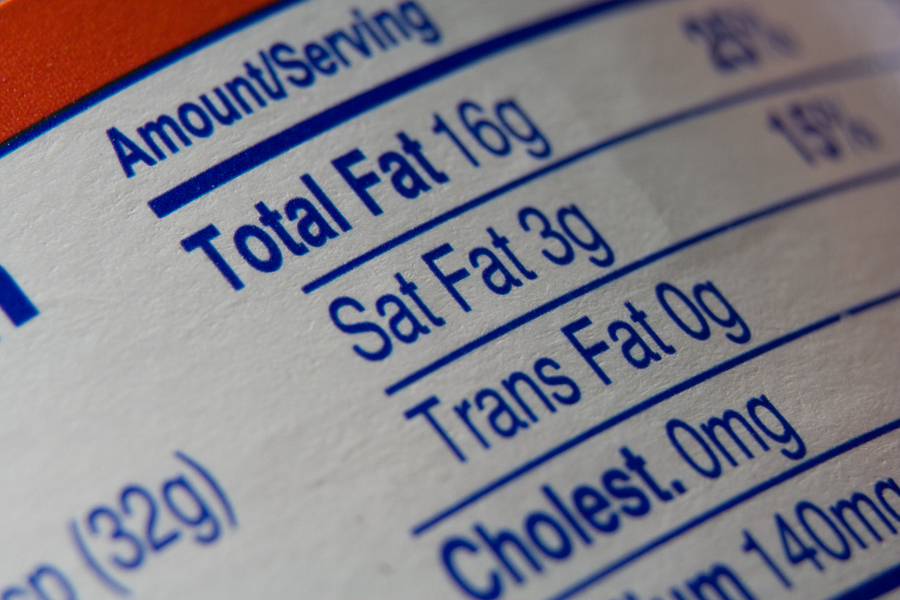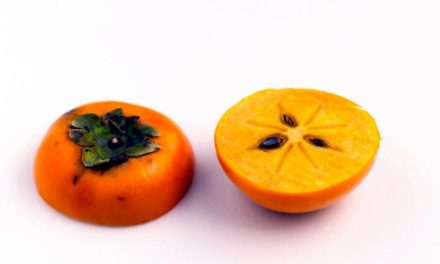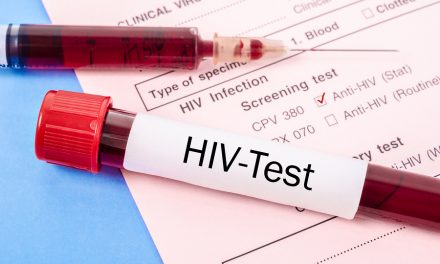Dr. Lona Sandon, Assistant Professor at UT-Southwestern’s Clinical Nutrition Department and researchers at UT-Southwestern have found eating food additives and preservatives could make us lazy. Their research focuses on the inorganic phosphates (these are added to foods like cereals, packaged snacks and sodas) used to help “preserve” color, freshness, taste and texture. (It’s kinda like making dead food look alive.)
While these synthetic phosphates are FDA approved and considered safe to eat, researchers like Dr. Sandon say we don’t really understand their long-term effects. Their study was published in the journal Circulation.
RELATED STORY:
According to Dr. Wanpen Vongpatanasin, the study’s senior author, mice who ate foods high in inorganic phosphates were “less active, ate more food, and their ability to burn fat decreased”1 suggesting that “phosphate additives can actually reduce fitness and make our body age for ten years without doing anything wrong other than taking those additives.”1 (The team also analyzed data from human participants in a heart study and saw similar results.)
Doctors recommend we only eat 700 milligrams a day of these preservatives but there are currently no mandates on the books that says the food industry has to tell us how much is actually in an item. And researchers believe that at least one-third of us are eating three to four times what’s recommended.
RELATED STORY:
A couple of things to keep in mind:1
- Inorganic phosphates are listed under ingredients on the box. Look for compounds containing the letters “PHOS.”
- In their natural form, phosphates help our body produce energy and are found in legumes, nuts and whole grains.
- Nitrites are another food additive to be wary of. They are generally found in deli meat and bacon. Some people might find eating too much (or any at all) can cause headaches or even a rash.
- Inorganic sulfites are also added to wine, pickled condiments, and dressings. They appears on the label as a compound like sulfur dioxide, potassium bisulfite, sodium bisulfite, etc. You may find you experience headaches, coughing or wheezing after consuming them.
However, one of the most concerning additives is sodium combined with other additives, like disodium phosphate or sodium bicarbonate, because too much of that can lead to diseases like hypertension.
So what should you do? Eat whole foods whenever possible. When you cook from scratch and don’t use pre-made, boxed items, there are less food additives (or none) going into your body.
RELATED STORY:
Want to start eating a cleaner diet but not sure how? Click here!
SOURCE:












